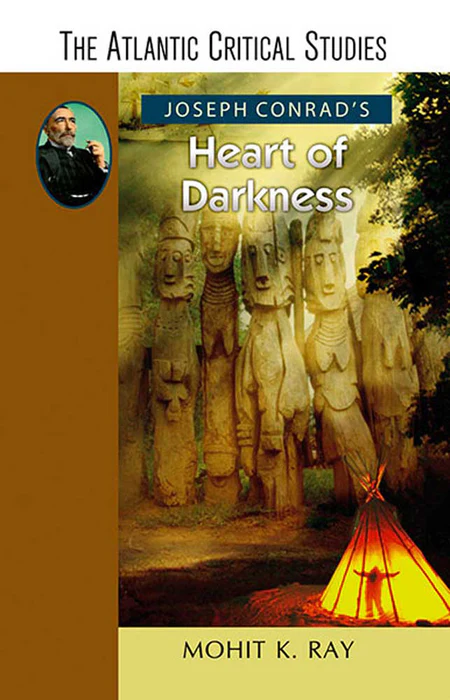
Joseph Conrad'S Heart Of Darkness
Ships in 1-2 Days
Free Shipping on orders above Rs. 500
New Year Offer - Use Code ATLANTIC5 at Checkout for additional 5% OFF

Ships in 1-2 Days
Free Shipping on orders above Rs. 500
New Year Offer - Use Code ATLANTIC5 at Checkout for additional 5% OFF
Hastily written in pencil and serialized in Blackwood’s Magazine in 1899 as “The Heart of Darkness”, and later published in book form in 1902 as Heart of Darkness, the sibylline charm of the novel has established it as one of the most important canonical texts of British literature. Critics have seen the book as an ‘angry document on absurd and brutal exploitation’ (Guerard), ‘probably the greatest short novel in English’ (Karl), ‘an annunciation of the Savage God’ (Cox), an adventure story, an early instance of modern fiction, an existential novel, and an early specimen of New Historicism. The novel ‘turns on a double paradox’ (Hillis Miller), and ‘addresses itself simultaneously to Europe’s exploitation of Africa, the primeval human situation, an archaic aspect of the mind’s structure and a condition of moral baseness’ (Parry). But at the same time the novel has elicited an angry reaction from Chinua Achebe who calls Conrad, ‘a bloody racist.’ The present study, one in the series of Atlantic Critical Studies, attempts to make a close reading of the novel, and examines its various aspects with lucidity and profundity, never losing, however, the touch with the reality of the academic needs of the students of English literature.
Dr Mohit K. Ray was one of the seniormost Professors of English in the country. He published three books contributed and a large number of research papers in scholarly journals in India and abroad, which reflected his wide range of scholarship, including Criticism, Comparative Literature, New Literatures, Canonical Literature, Comparative Poetics, and Translation Studies. Professor Ray attended and chaired sessions as an invited participant in many international conferences, seminars, and colloquia held in different parts of the globe — England, France, Portugal, Austria, Hungary, Finland, Estonia, America, Canada, Japan, Hong Kong, etc. Professor Ray studied several languages, including Latin, Sanskrit, Arabic, French, and German. He edited several anthologies of critical studies, and edited The Atlantic Critical Review, an international quarterly of global circulation. He had been the Chief Editor of Atlantic Publishers & Distributors. A biographee of International Book of Honour, Professor Ray was associated with many international bodies, including Association Internationale de Littérature Comparée, Paris, and Association Internationale des Critiques Littéraires, Paris.
